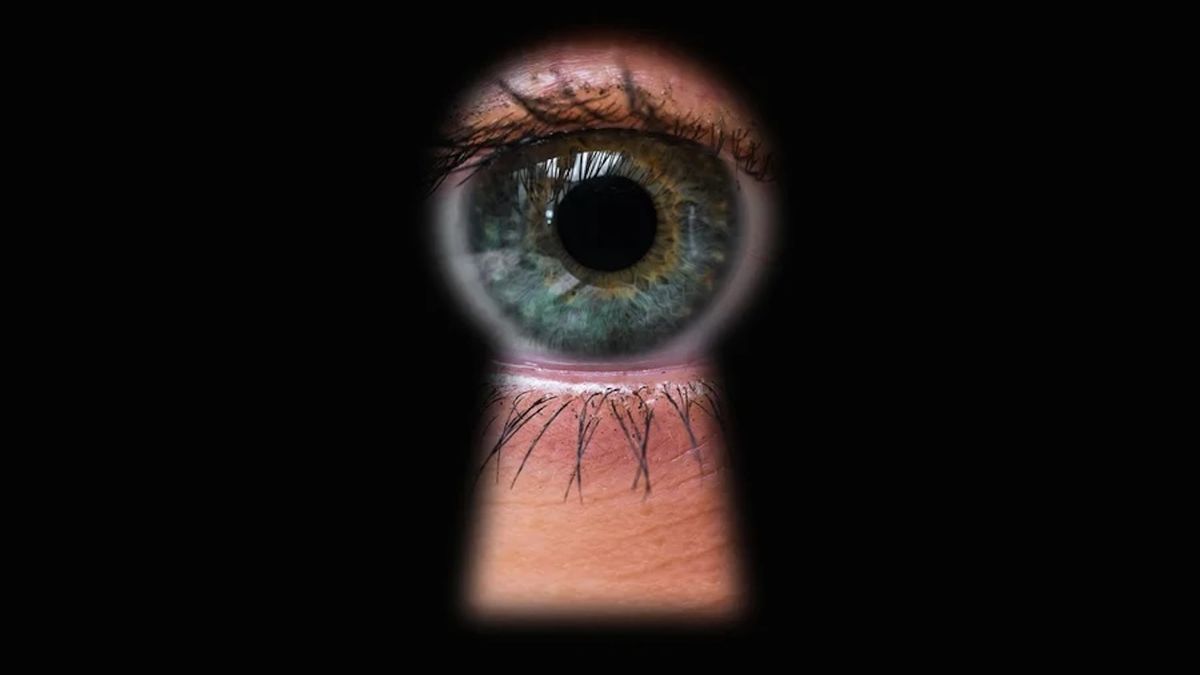Now Reading: Modern Surveillance May Be Harming Brain Function, Studies Warn
-
01
Modern Surveillance May Be Harming Brain Function, Studies Warn
Modern Surveillance May Be Harming Brain Function, Studies Warn

Rapid summary:
- Jeremy Bentham’s Panopticon design embodies a concept of surveillance where individuals must assume they are always being watched, impacting behavior and cognition.
- Today, this concept parallels modern surveillance practices involving CCTV cameras, smart devices, facial recognition with AI, and location-sharing technologies.
- Studies indicate that being observed alters not just behavior (e.g., reducing theft or littering) but also impacts cognitive functions like memory and attention. It can distract individuals and tax mental resources.
- Recent research shows unconscious brain processes – such as recognizing faces faster – are influenced by perceived surveillance presence.
- Constant surveillance could strain mental health,particularly for those with conditions like schizophrenia or social anxiety. Researchers note societal implications such as workplace productivity decline under electronic monitoring.
Indian Opinion Analysis:
Surveillance in the digital age raises critical concerns for India concerning privacy norms, public safety measures, and the psychological impact on its citizens. as an emerging technology powerhouse increasingly relying on AI systems for governance and security initiatives (e.g., smart cities projects), the nation should balance technological advancements with safeguarding individual freedoms.
Being watched has prosocial outcomes (reducing undesirable behaviors like cheating or crime) but risks undermining mental well-being due to heightened stress responses over time. Policymakers must evaluate how widespread CCTV use or facial recognition in India’s densely populated urban areas might affect collective cognitive health.
Further framing of regulations around data protection laws is essential as India moves forward with major decisions on privacy rights through legislative efforts like the proposed Digital Personal Data Protection Bill 2023. Understanding these behavioral implications could lead to a nuanced approach in addressing modern challenges brought upon by Surveillance Society dynamics.

























